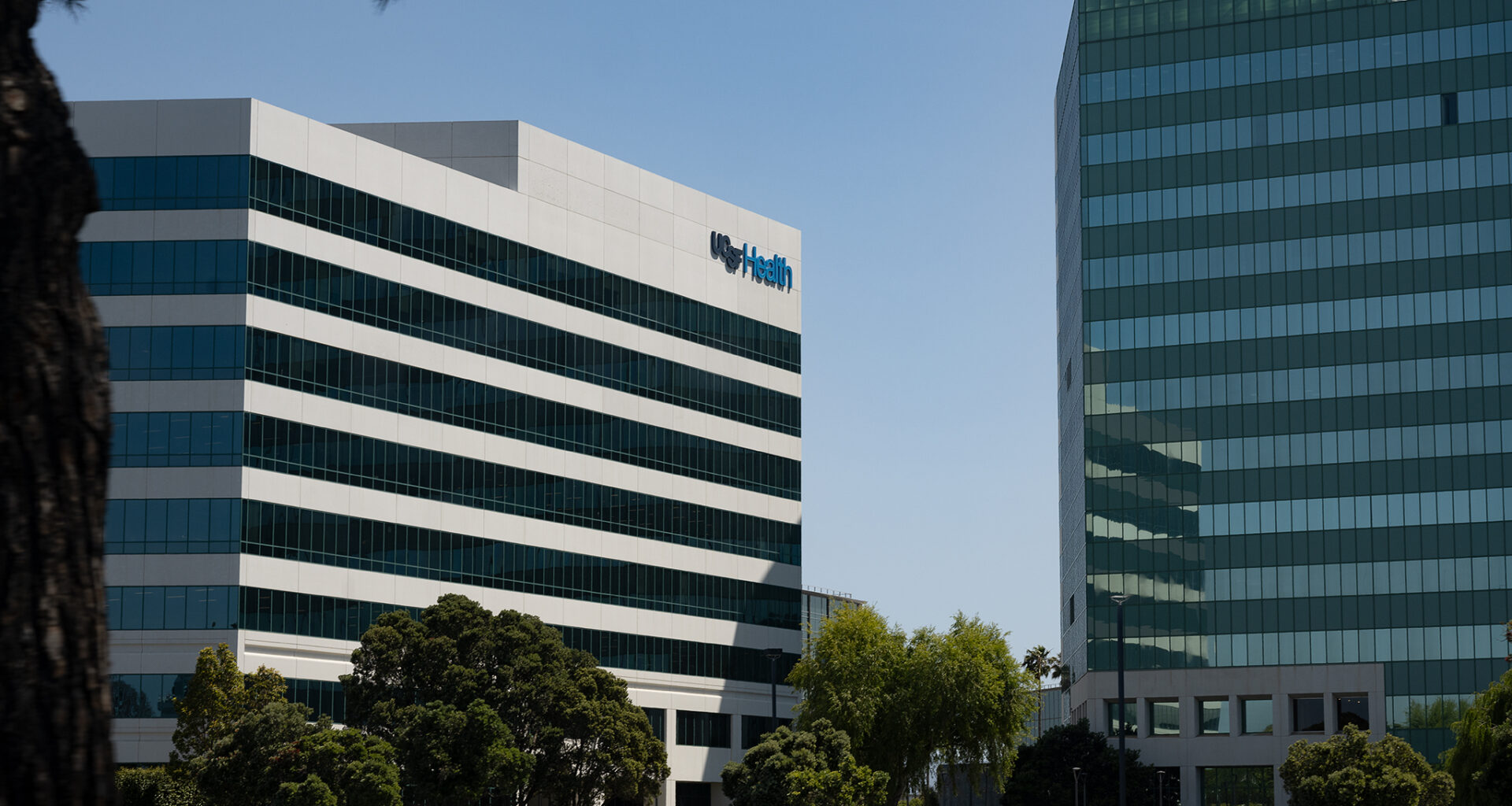After a round of mass layoffs at UCSF Health earlier this year, the health care network has abruptly laid off more staff this month who were in charge of critical drug discoveries.
Among the cuts were researchers, associates, chemists, biologists and animal health technicians who were driving medical breakthroughs for fatal neurodegenerative diseases such as Alzheimer’s, the union that represents the workers, University Professional and Technical Employees, said in a news release.
Chey Dean, one of the laid-off staff researchers, told SFGATE that many of the life-saving drug discoveries in her lab were nearing Food and Drug Administration submission, and now she worries that the projects are “completely frozen.”
“It just really undermines the progress, and it delays potential treatments that can change the course of these completely devastating illnesses that are affecting millions of families in the most intimate way,” she said.
According to Cleveland Clinic, a nonprofit medical center, researchers estimate that approximately 50 million people around the world have a neurodegenerative disease. Many of these diseases affect the brain and do not have a cure, according to the clinic.
Dean said she was notified of the layoffs on Wednesday, which came as a complete surprise.
“There was very little time to process,” she said. “… I kind of just walked into work that morning and was told I was being laid off, that there was a budget shortfall, and even though I had been there in the department for eight years, that I was being laid off.”
In addition to the layoffs, University of California Health also cut the department’s budget by 40% and decided to pivot its funds to Parkinson’s research rather than Alzheimer’s and prion disease research. As a longtime researcher at the institution, Dean said she is also concerned about her remaining colleagues being overburdened and that her internal expertise will be forgotten.
“Of course, I’m extremely worried about my program at this point, because I hold a lot of institutional knowledge, and all of that goes out the door with me,” she said. “Obviously, I’m worried about the research, but I’m also worried about my fellow workers … because when people are stressed, and doing the jobs of three and four people, you know that means that they’re going to make mistakes.”
Workers have called the continuous layoffs “heartless” and criticized the institution’s priorities. Dean said the most recent layoffs feel like a “pattern of the UC having displaced priorities.”
“What I wish the public knew is that the UC has the ability to change the trajectory of this,” she said. “They can immediately reinstate laid off researchers like myself and my colleagues and restore funding for all of these neurodegenerative diseases, and they should reaffirm its commitment to public health, aka the community.”
Union members and UCSF workers plan to protest the layoffs and budget cuts on Wednesday afternoon in front of the Sandler Neurosciences Center.
UCSF did not immediately respond to SFGATE’s request for comment. A spokesperson for California’s Employment Development Department told SFGATE that it had not received any WARN filings from UCSF as of Friday. Such filings are generally required by the Worker Adjustment and Retraining Notification Act in the event of mass layoffs.

